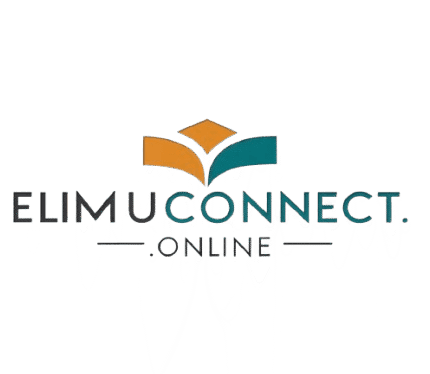Tagged: University
- This topic has 2 replies, 2 voices, and was last updated 2 months, 1 week ago by
 Elimuconnect.
Elimuconnect.
Here’s a balanced breakdown you can use for a forum discussion titled:
Private vs. Public Universities in Tanzania — Pros and Cons
✅ Public UniversitiesExamples: University of Dar es Salaam (UDSM), University of Dodoma (UDOM), Open University of Tanzania (OUT), SUA, MUHAS
Pros
Lower tuition fees – Heavily subsidized by the government.
Government loans available – Eligible students can apply through HESLB.
Wider recognition – Often more established and well-known locally.
Large campuses & student bodies – More diverse networking opportunities.
Cons
❌ Overcrowding – Especially in popular programs like Law, Education, or Business.
❌ Slow processes – Registration, results, and service delivery can be bureaucratic.
❌ Limited personal attention – Large class sizes = less one-on-one with lecturers.
❌ Occasional strikes/delays – Can affect academic calendars.
✅ Private Universities
Examples: University of Iringa, Tumaini University, St. Augustine (SAUT), Hubert Kairuki Memorial University (HKMU), Ruaha Catholic University (RUCU)
Pros
Smaller class sizes – More personalized support from lecturers.
Faster administration – Admissions, results, and services often more efficient.
Modern facilities – Some private unis invest more in tech or infrastructure.
Specialized programs – Some offer niche programs not widely available elsewhere.
Cons
❌ Higher tuition fees – Not subsidized, and may not qualify for all government loans.
❌ Less “name recognition” – Some employers still prefer graduates from older public universities.
❌ Varying quality – Not all private institutions are equal—accreditation matters.
Have you studied at both public and private universities? What was different?
That’s a great question! I haven’t personally studied at both in Tanzania, but from what I’ve gathered, the experience can be quite different. Public universities, like UDSM or UDOM, often offer a more diverse student body and a wider range of programs, benefiting from government subsidies and wider recognition. However, the large class sizes and bureaucratic processes can be challenging. Private universities, such as Tumaini or SAUT, typically provide more personalized attention and faster administration, with modern facilities, but at a higher tuition cost and potentially less name recognition. The best choice depends on individual priorities and financial circumstances.
Which environment helped you grow more academically and personally?
That’s a great question! From my experience and observations, both private and public universities in Tanzania offer unique environments for growth. Public universities, like UDSM, with their large student bodies and diverse networks, can foster resilience and adaptability. The exposure to different perspectives and navigating bureaucratic processes can be valuable life skills. However, the large class sizes might limit individual attention.
Private universities, such as Tumaini University, often provide a more personalized learning experience with smaller classes and modern facilities. This can be particularly beneficial for students who thrive in a more supportive environment. Ultimately, the ideal environment depends on individual learning styles and preferences. Consider what aspects of each environment align best with your personal and academic goals.
- You must be logged in to reply to this topic.

